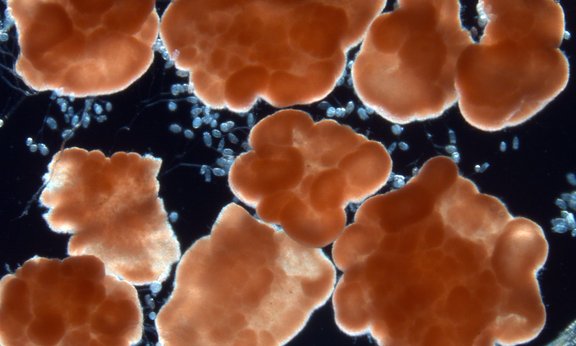Master’s Programme Chemistry
Would you like to gain a comprehensive understanding of chemical reactivity and develop and optimise new materials, compounds and processes?
Graduates of the Master’s Degree Program in Chemistry qualify for working in managing positions as a chemist in research, technology, industry and relevant fields in public institutions.
This programme is a pre-requisite to enrol in the PhD Programme in Chemistry.
Study Code
UC 066 862
FAQ
Graduates possess highly specialized knowledge in the field of chemistry. They are able to apply their knowledge at the intersections of related natural sciences by independently formulating and substantiating scientific arguments to find innovative solutions to problems.
- The Master's Programme Chemistry is grouped among the natural sciences.
- The goal of the Master's Programme Chemistry is to provide vocational training for chemists. The programme conveys knowledge and methods of scientific research in chemistry and professional responsibility for the profession of a chemist
- The Master's Programme Chemistry is the basis for the Doctoral Programme Chemistry or related programmes.
- The Master's Programme Chemistry is designed to focus on current research fields by closely linking theoretical knowledge and experimental/practical skills. The master's programme offers a thematically comprehensive education in chemistry while, through the choice of appropriate content, allowing far-reaching specialization in line with students' abilities and interests. In addition to the acquisition of advanced knowledge in the sub-disciplines of chemistry reflecting the current state of knowledge, the master's programme also fosters interdisciplinary key competencies (soft skills) while imparting a sense of responsibility concerning the benefits and risks of scientific research and applications.
The master's programme is the basis for students to pursue career activities in research, technology, industry, environment and chemistry-related areas of public authorities.
Graduates of the master's programme are capable of conducting research in the branches of chemistry independently and in leading roles. They can apply their skills in interdisciplinary contexts to find solutions to chemistry-related issues.
Graduates tracking: Shows which occupational fields students enter after graduation
Doctoral Programmes
More offers
Faculty of Chemistry and Pharmacy Examination Office Information for students with disabilities
Curriculum
From the field
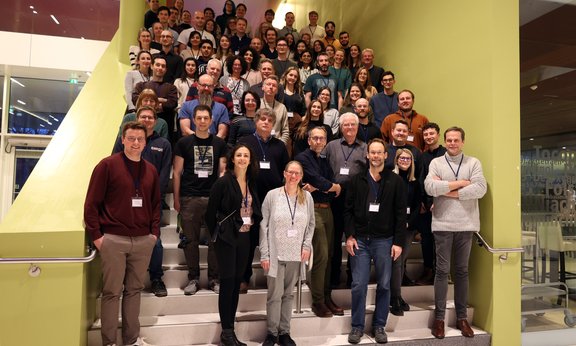
SFB-Tagung in Innsbruck
Ende Januar trafen sich die Mitglieder des FWF-Spezialforschungsbereichs RNA-DECO in Innsbruck. Die Förderung für das österreichweite Forschungsnetzwerk wurde erst vor kurzem um vier weitere Jahre verlängert.
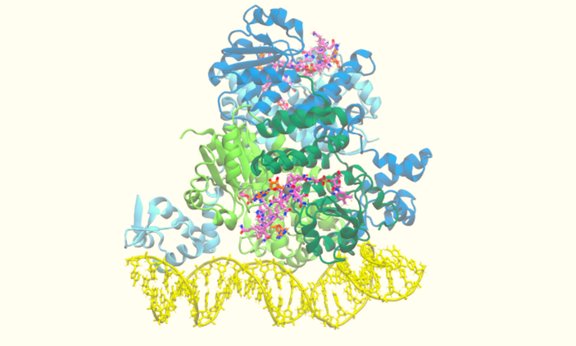
Antivitamin blockiert Lichtschutz von Bakterien
Bakterien verfügen über zelluläre Mechanismen, welche die Produktion von Pigmenten zum Schutz vor Sonnenstrahlen steuern. Überraschenderweise fungiert Coenzym B12 dabei als Lichtsensor. Ein Antivitamin B12 aus der Forschung von Bernhard Kräutler vom Institut für Organische Chemie erlaubt, wie eine aktuelle Studie zeigt, diese bakterielle Photoregulation zu blockieren, womit sich das Wachstum von Bakterien inhibieren lässt.
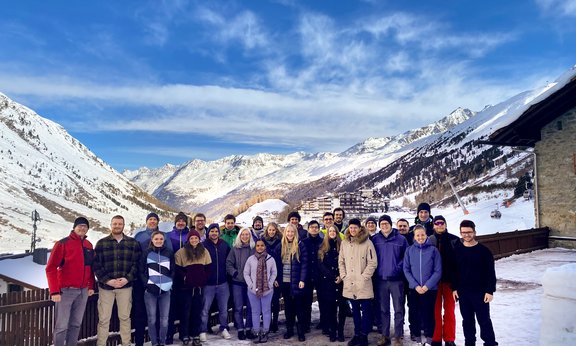
Festkörperchemie in Obergurgl
Das 6. Festkörperchemie-Seminar im Universitätszentrum Obergurgl war ein gelungenes Zusammentreffen nach dreijähriger Coronapause. Vom 25. bis 28. Januar kamen die Arbeitsgruppen Huppertz, Heymann und Schwartz aus Innsbruck sowie die Gruppen Schnick und Johrendt aus München zusammen, um über die aktuellen Forschungsergebnisse der Festkörperchemie und Materialforschung zu diskutieren.
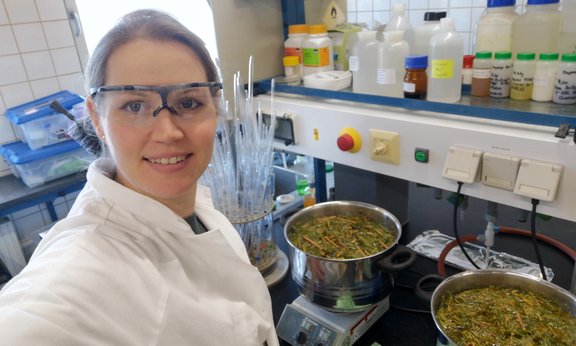
Druckfarben aus Pflanzen
Auf dem Weg zur Kreislaufwirtschaft entwickelt Judith Deriu im Labor am Forschungsinstitut für Textilchemie und Textilphysik in Dornbirn natürliche Farbpigmente aus Pflanzen und darauf basierende, nachhaltige Druckfarben für die Industrie.
Related studies

Atmospheric Sciences (Master)
Master of Science

Chemical Engineering (Master)
Diplom-Ingenieur*in









